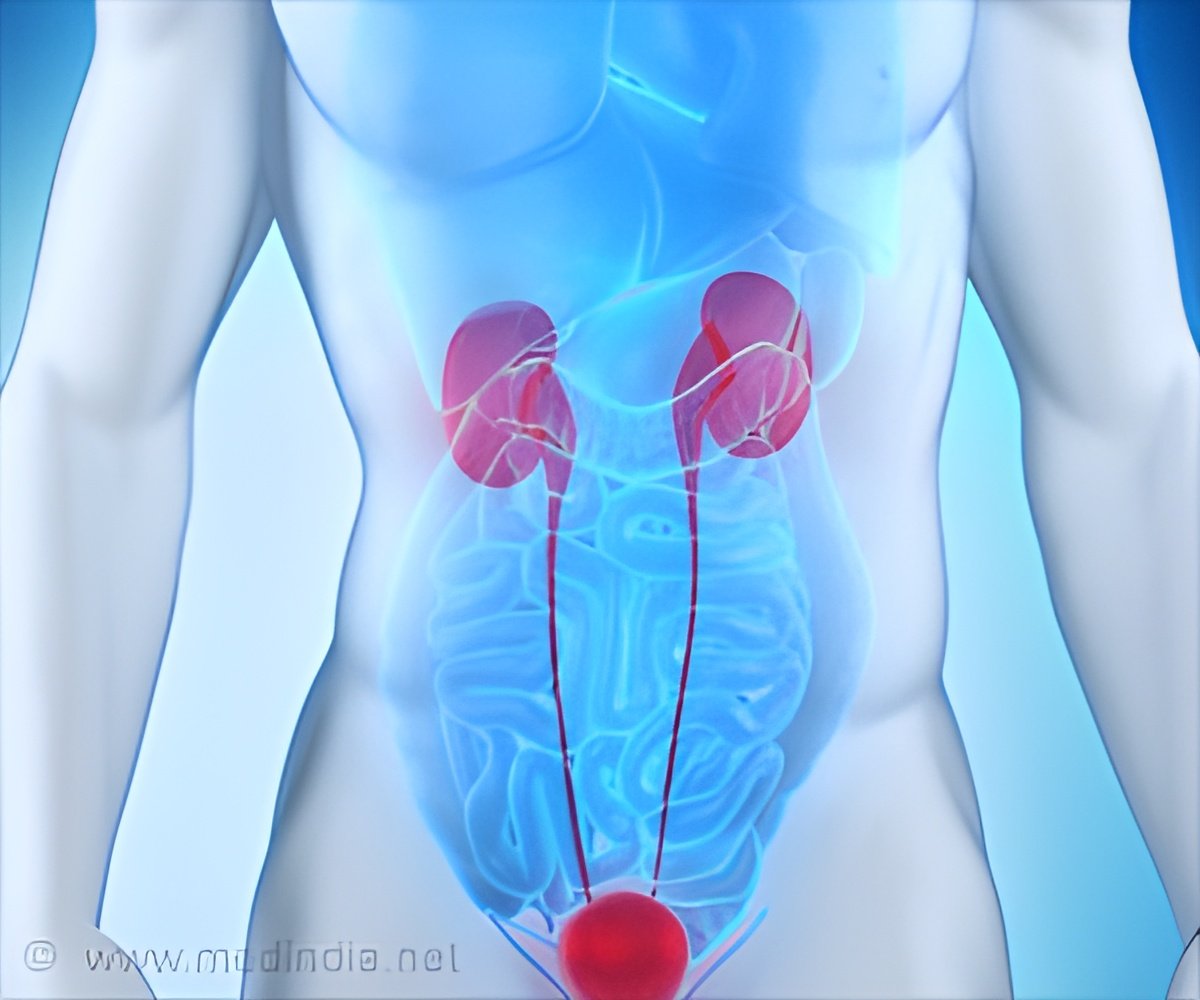
Understanding Peritonitis Risk in Dialysis
‘The potassium supplementation in peritoneal dialysis patients was able to maintain potassium levels in the blood for up to 90 days, this lowered the risk of peritonitis.’
Tweet it Now
Your kidneys play an important role in cleaning your blood, eliminating waste from your body, and supporting other important functions. In some people, kidneys do not work properly due to the failure of kidneys. In that case, dialysis is the treatment option to restore kidney function.Peritoneal dialysis (PD) is a type of dialysis that uses the peritoneum in the abdomen as the membrane through which fluid and dissolved substances are removed. Doing this may result in the inflammation of this membrane. This is called "peritonitis."
Peritonitis can be a serious complication that led to sepsis, a life-threatening condition caused by the body’s reaction to an infection. Common symptoms of peritonitis are stomach pain with bloating or outward expansion of the abdomen, nausea, vomiting, and fever. A new study has found a solution to this complication.
Is Potassium Supplementation the Solution?
A multicentre, open-label, prospective, randomized controlled trial was conducted in 167 hypokalemic patients receiving PD. It examined if a protocol-based correction of hypokalemia to maintain serum potassium 4 to 5 mEq/L (85 participants) could improve PD-related outcomes compared to reactive potassium supplementation administered when serum potassium levels fell below 3.5 mEq/L (82 participants).During the median follow-up time of 401 days, the protocol supplementation appeared safe and significantly reduced the risk of peritonitis.
Potassium chloride tablets at the dosage used in this study (25 ± 13 mEq/day) demonstrated promising efficacy and relatively few side effects.
Advertisement
Future studies with a large population can give more reliable results about this potassium supplementation strategy for peritonitis.
Advertisement
Source-Medindia














